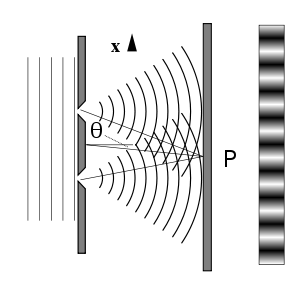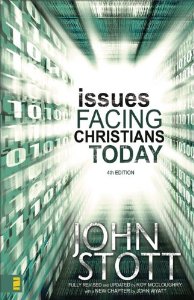Quantum Physics and Law of Attraction – What Is the Link?
Quantum Physics and Law of Attraction – What Is the Link?
By Harald Reno
If you have heard of the law of attraction chances are that you have come across mentions of Quantum physics as well. At first impression, these two topics seem worlds apart from each other. But if that is so, then why do people mention quantum physics and law of attraction together, as if there was a deep link between them? Let us have a look at why these two seemingly diverse topics get simultaneous attention and mention.
What Exactly Is Quantum Physics?
Quantum physics is that branch of physics that specifically deals with Quanta. Quanta are nothing but minute or indivisible parts of energy. Quantum physics is based on certain crucial fundamental facts. Firstly, it makes one point very clear that the world of quanta is totally different than the world in which we live. Next, it states that the elementary particles of quanta can exist both in wave and particle form.
There are many other complex matters discussed this subject, but what matters to people like us who are investigating the relation between quantum physics and law of attraction are the strange results of some of the experiments done. The double slit experiment, Copenhagen interpretation and Schrodinger’s cat experiment are the major examples.
Double Slit Experiment
The double slit experiment revealed that particles of energy could exist in both particle and wave form and the mere act of observation by an observer could cause the particles to behave differently than what they behaved previously (without observation).
Copenhagen Interpretation and Schrodinger’s Cat
The Copenhagen interpretation also claims that particles can take a wave form or particle form depending upon the observation. In simple words it means that events can take a turn according to the act of observation. Schrodinger was a physicist who proposed the Schrodinger’s cat thought experiment to explain this better. According to this thought experiment, a cat (presumed) who is enclosed in a box with radioactive counter and hydrocyanic acid could be dead and alive at the same time, with both states being real.
The final outcome of the experiment will depend upon the observation made at the time of opening the box to check on the cat. According to Copenhagen interpretation, the act of observation is the decisive factor that determines the reality of the outcome.
Applying Quantum Physics to Law of Attraction
Our thought processes are a form of energy and the minutest part of this energy is called quanta. We already know that quantum physics states that these quanta can exist either as waves or particles. We also know that the decision of the quanta to present itself as waves or particles is dependent / can be changed according to the act of observation by the observer.
On deeper understanding what we can infer is that our thought processes can project / create a reality, and that reality is totally dependent upon the act of observation by us. Or in more simpler terms we see what we believe / want to see. We create our own reality according to the energy released by our thought processes.
Open the gates of success and abundance learning the Law of Attraction, and the other 11 Forgotten Laws priciples through series of teleseminars by Bob Proctor and other gurus. Please visit and register to learn more about relationship between Quantum Physics and Law of Attraction.
Article Source: http://EzineArticles.com/?expert=Harald_Reno
http://EzineArticles.com/?Quantum-Physics-and-Law-of-Attraction—What-Is-the-Link?&id=7010104



